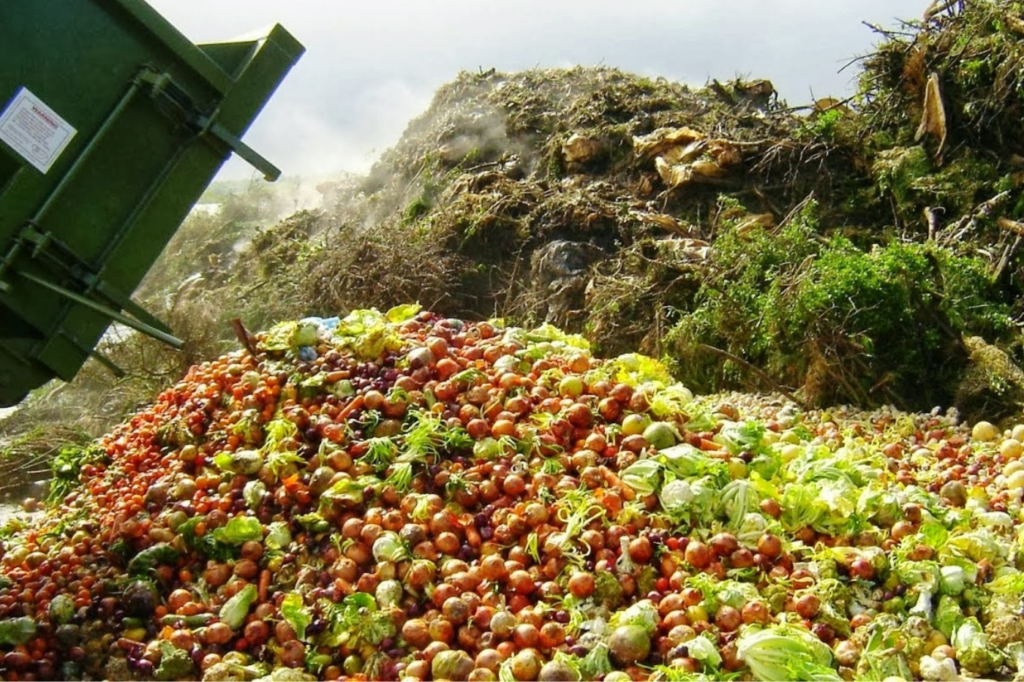
Organic waste management has emerged as a crucial aspect of environmental sustainability and resource efficiency in the 21st century. As global populations expand and urbanization accelerates, the generation of organic waste, which includes food waste, garden clippings, and agricultural residues, is increasing at an alarming rate. Effective management of this waste is essential to mitigate its environmental impact, reduce greenhouse gas emissions, and recover valuable resources.
Importance of Organic Waste Management
Organic waste constitutes a significant portion of municipal solid waste (MSW). According to the Food and Agriculture Organization (FAO), approximately one-third of all food produced for human consumption is lost or wasted, amounting to about 1.3 billion tonnes per year. When organic waste decomposes anaerobically in landfills, it generates methane, a potent greenhouse gas with a global warming potential 28 times greater than carbon dioxide over a 100-year period. Therefore, managing organic waste properly is crucial for reducing landfill use, cutting down greenhouse gas emissions, and promoting sustainable agricultural practices through composting.
Global Approaches to Organic Waste Management
Europe
In Europe, the European Union (EU) has established stringent regulations and policies to manage organic waste. The EU’s Circular Economy Action Plan promotes waste prevention, encourages recycling, and supports the transition to a circular economy. Many European countries have implemented separate collection systems for organic waste, which are then processed through composting or anaerobic digestion. For example, Italy has a well-developed network of composting facilities, and Germany is a leader in biogas production from organic waste.
North America
The United States and Canada have also made significant strides in organic waste management. In the US, various states have implemented organic waste diversion laws. California’s SB 1383, for instance, mandates a 75% reduction in organic waste disposal by 2025. Many cities, such as San Francisco and Seattle, have introduced curbside composting programs. In Canada, the city of Toronto has a robust green bin program that collects organic waste from residents, which is then composted or processed in anaerobic digestion facilities.
Asia
Asian countries face unique challenges due to their high population densities and rapid urbanization. However, several initiatives are making a positive impact. In South Korea, a mandatory food waste recycling program has been implemented, which includes a pay-as-you-throw system to incentivize waste reduction. Japan employs advanced composting techniques, and Singapore is investing in innovative technologies to convert food waste into energy and bioproducts.
Africa
In Africa, organic waste management is often less structured, but there are promising developments. Countries like South Africa and Kenya are exploring decentralized composting solutions and community-based waste management initiatives. These efforts not only help manage organic waste but also create job opportunities and improve soil health for local agriculture.
Latin America
Latin American countries are increasingly recognizing the importance of organic waste management. Brazil, for instance, has launched several programs to promote composting and biogas production. In Colombia, initiatives like the Bogotá Bio project aim to convert organic waste into biogas and compost, reducing landfill use and providing renewable energy sources.
Technologies in Organic Waste Management
Composting
Composting is one of the most common methods of organic waste management. It involves the aerobic decomposition of organic materials to produce humus, a nutrient-rich soil amendment. Various composting techniques, including windrow, aerated static pile, and in-vessel composting, are employed worldwide depending on the scale and context.
Anaerobic Digestion
Anaerobic digestion (AD) is a process that breaks down organic waste in the absence of oxygen, producing biogas (a mixture of methane and carbon dioxide) and digestate (a nutrient-rich slurry). AD is particularly effective for managing food waste and agricultural residues. The biogas can be used to generate electricity and heat or upgraded to biomethane for use as a renewable natural gas.
Vermicomposting
Vermicomposting involves the use of earthworms to decompose organic waste. This method is highly efficient and produces high-quality compost known as vermicast. It is especially suitable for small-scale applications and urban settings.
Innovative Technologies
Advancements in technology are continually improving organic waste management. Innovations include mechanical biological treatment (MBT) plants, which integrate various processes like shredding, biological treatment, and material recovery. Additionally, biochar production from organic waste through pyrolysis is gaining attention for its potential to sequester carbon and improve soil health.
Earthcare Equipments: A Pioneer in Organic Waste Composting Machines
One notable player in the field of organic waste management is Earthcare Equipments. Based in India, Earthcare Equipments manufactures a range of organic waste composting machines designed to meet the needs of various sectors, from households to large-scale industrial operations. Their composting machines are known for their efficiency, reliability, and user-friendly designs.
Earthcare Equipments’ products include the Fully Automatic Organic Waste Composting Machine, which can process a wide range of organic waste into compost within 24 hours. These machines are equipped with features like automatic temperature and moisture control, ensuring optimal composting conditions. By providing scalable and efficient composting solutions, Earthcare Equipments is contributing significantly to reducing organic waste and promoting sustainable waste management practices globally.
Summary
Effective organic waste management is vital for environmental sustainability, public health, and resource recovery. Around the world, various approaches and technologies are being implemented to address the challenges posed by organic waste. Companies like Earthcare Equipments located in Pune, Maharashtra, India is playing a crucial role in this global effort by providing innovative solutions for composting and waste processing. As awareness and technological advancements continue to grow, the future of organic waste management looks promising, paving the way for a cleaner, greener planet.




